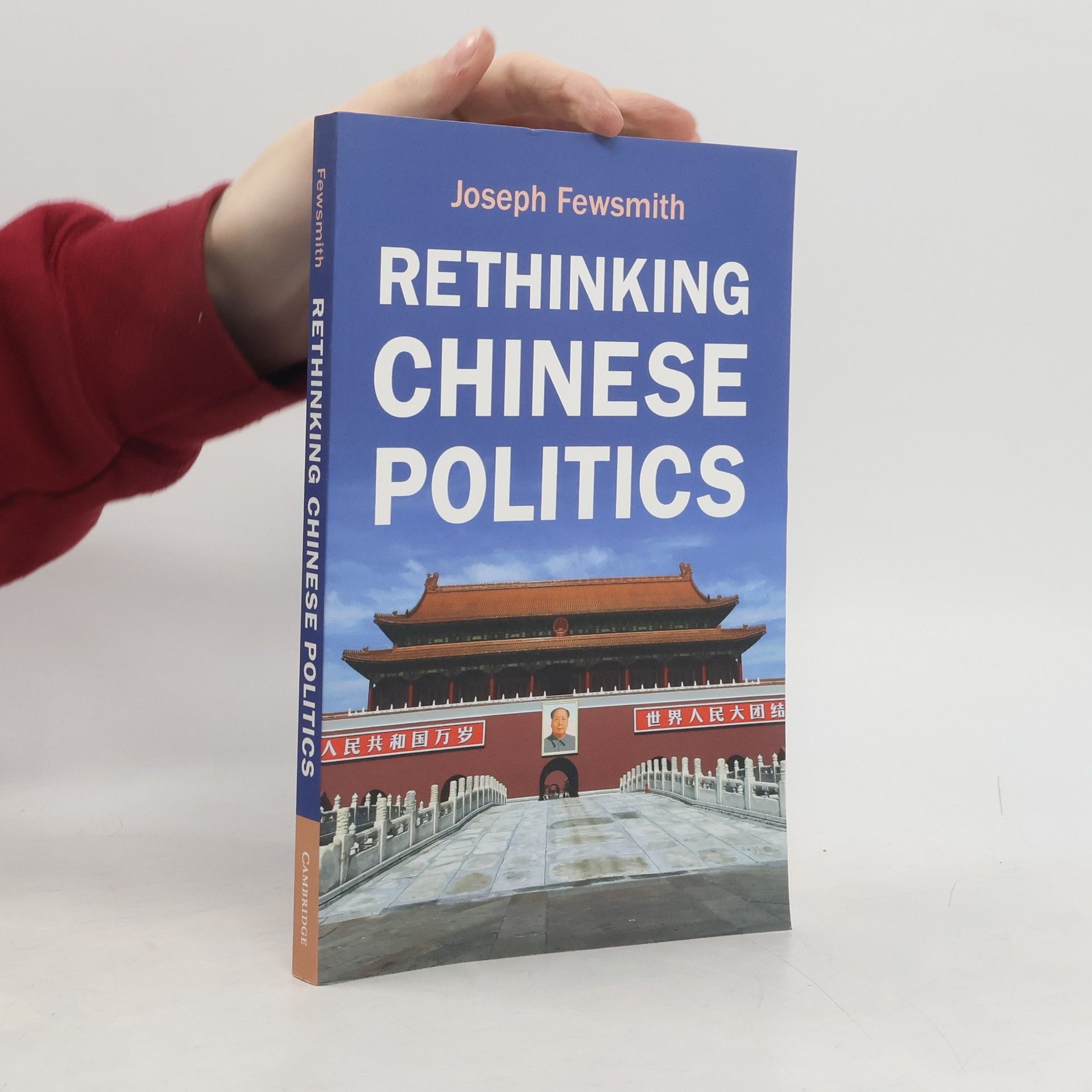Understanding Chinese politics has become more important than ever. Some argue that China's political system is 'institutionalized' or that 'win all/lose all' struggles are a thing of the past, but, Joseph Fewsmith argues, as in all Leninist systems, political power is difficult to pass on from one leader to the next. Indeed, each new leader must deploy whatever resources he has to gain control over critical positions and thus consolidate power. Fewsmith traces four decades of elite politics from Deng to Xi, showing how each leader has built power (or not). He shows how the structure of politics in China has set the stage for intense and sometimes violent intra-elite struggles, shaping a hierarchy in which one person tends to dominate, and, ironically, providing for periods of stability between intervals of contention.
Joseph Fewsmith Livres




Forging Leninism in China
- 226pages
- 8 heures de lecture
The Jinggang Mountains serve as a powerful symbol of revolutionary history, particularly highlighting Mao Zedong's legacy. Once a stronghold for bandit leader Yuan Wencai, the area is now a bustling town with memorial halls dedicated to the Red Army's heroic deeds. Visitors engage with patriotic education through reenactments and ceremonies, often leaving with a reinforced acceptance of the official narrative that positions Mao's influence as pivotal in transforming China from poverty and turmoil to a prosperous nation.
China Since Tiananmen
- 344pages
- 13 heures de lecture
In this insightful analysis, Joseph Fewsmith examines China's political and social transformations since the Tiananmen Square crackdown in 1989, focusing on developments post-2001. He explores reforms under Jiang Zemin and Hu Jintao, highlighting the growing influence of citizens on government policies and China's emergence as a global power.
Forging Leninism in China
Mao and the Remaking of the Chinese Communist Party, 1927-1934
- 224pages
- 8 heures de lecture
Focusing on the period from 1927 to 1932, this book explores the evolution of the Chinese Communist Party as it adapted to local conditions and intensified its revolutionary tactics. It highlights the shift towards a more violent, hierarchical, and militarized approach, driven by the integration of Marxism into rural movements. This transformation played a crucial role in shaping the trajectory of the Chinese revolution and the party's identity during a pivotal time in its history.